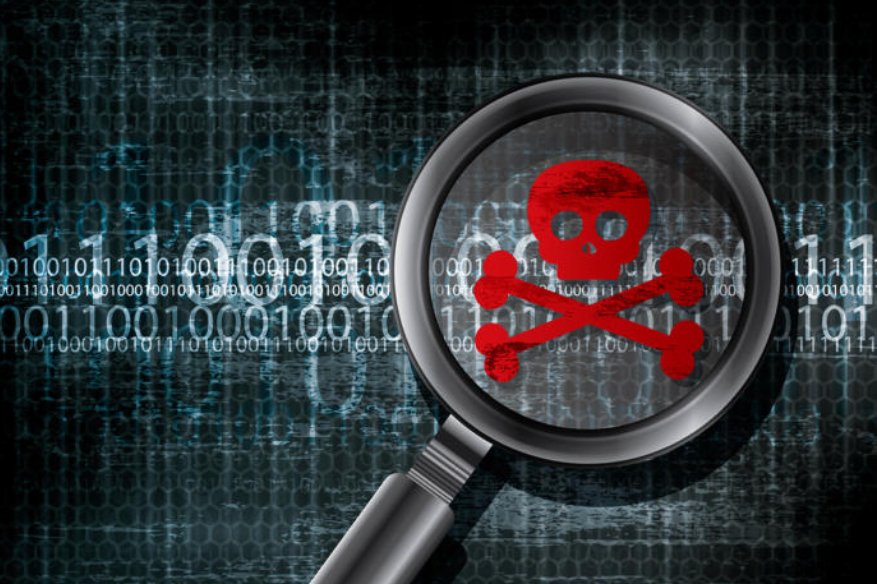FIFA has acknowledged its computer systems were hacked

This is for the second time the European soccer’s governing body, UEFA, fear they also may have suffered a data breach.
In a statement football’s world, governing body said: “We condemn any attempt to compromise the confidentiality, integrity, and availability of data”.
“We are concerned by the fact that some information has been obtained illegally.”
The US Department of Justice and the FBI said earlier this month said the hack on world soccer’s governing body occurred in March and is not thought to be connected to a cyberattack orchestrated by a group linked to Russia’s intelligence agency in 2017. That incident led to the publication of a list of failed drug tests by soccer players.
“In response to the increasing number of internet-enabled computer attacks, FIFA is continually modifying its systems and practices and allocates significant budgets for the continuous improvement of its information security posture,” the governing body said.
“Following a hack in March 2018, FIFA took a number of measures to improve IT security, in order to protect employees. It’s an ongoing issue, which FIFA has to face just like countless organizations around the world who are all dealing with data security challenges.”
FIFA officials discussed the prospect of a new hack, and more uncomfortable revelations in the news media, on the edges of the FIFA Council meeting last week in Kigali, Rwanda.
The leaks have uncovered the dubious practices that have led to tougher regulations in soccer and in some cases, criminal prosecutions.
Most recently, the leak articles in Der Spiegel revealed the details of a nondisclosure agreement Cristiano Ronaldo signed with a Las Vegas woman who accused the Portuguese star of sexually assaulting her in 2009. Ronaldo has denied the charges and, through his lawyers, threatened to sue the magazine.
A coordinator with EIC said he could not comment on the content of the next batch of articles, or when they would be published. FIFA issued a statement criticizing the leaks of stolen information.
Asked about the leaks, Infantino said he had tried to do his work honestly. That has meant having discussions and sharing ideas and documents with numerous people, he added.
“If then this is being portrayed as something bad, then I think there’s not much I can do other than my job,” he said during a conversation in Kigali last week. “We are not stealing.”
Der Spiegel had published earlier this year about the people behind the Football leak. The group told the authors that its aim is to cleanse world soccer by exposing bad actors.
Football Leaks is not a new thing as far as major data breach is concerned. In October, the US Justice Department announced charges against seven Russian intelligence officers who it said had successfully compromised the networks of organizations including FIFA and the International Olympic Committee.
Most of the confidential emails belonging to the Portuguese club Benfica have surfaced on the internet. Those leaks have highlighted how the club has tried to influence senior players in soccer and forged close links to officials responsible for refereeing. Though Benfica denied any wrongdoing and sought Google’s help to trace those who have republished the documents.